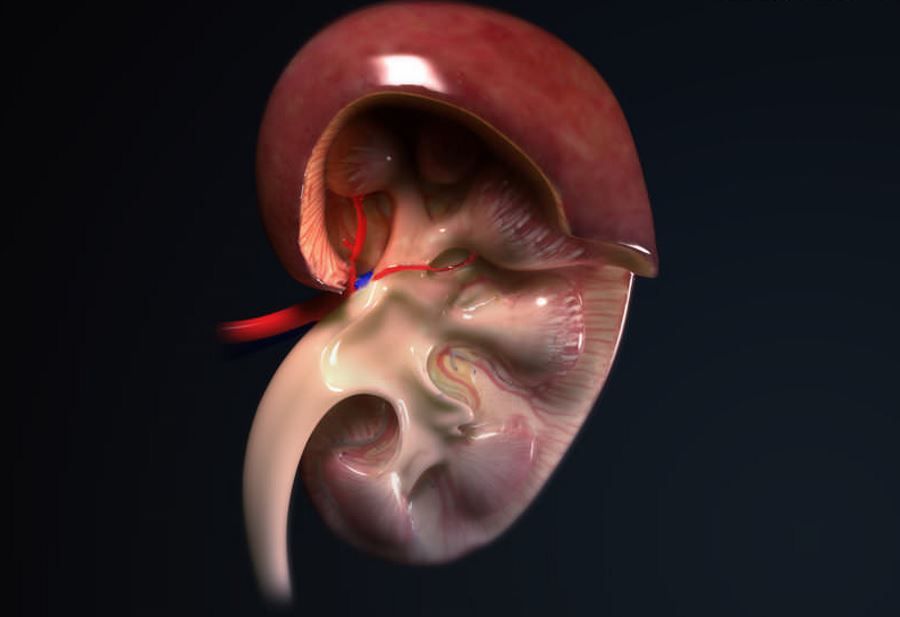Prof. Wiak: 5G technology is a civilization challenge for Poland and Europe
Radical increase in the speed of data transfer, development of smart city, autonomous vehicles or applications of IT solutions in the area of dot. The health of society – all of this is to be made possible by the introduction of the new 5G technology.
According to the rector of the Technical University of Loprof. Slawomir Wiak 5G technology is a civilization challenge not only for Poland, but roalso for the entire EU and Europe. In the context of technological challenges, in the case of our country, its introduction will be possible in 2025, they added.
– This is a challenge in terms of improving the comfort of life for all citizens. MoWe are talking about modern technologies thatore accelerating in a wayob essential communication. With this acceleration, we can manage large data sets, which is important zarowno for business, but also for everyone individually. This will significantly speed up the activities of companies and institutions,” the expert stressed.
According to specialistsow 5G technology will enable data transfer speeds to increase from 300 Mbps to 10 Gbps or even 100 Gbps, or reduce opoData transmission delays of up to several milliseconds. It is supposed to be resistant to performance drops caused by a large number of usersow.
In practice, this means a radical change in the speed of communication in large groups. – Today, the challenge of civilization is the increasing amount of data in rotion of different formats. Therefore, the idea is to manage this data o roof different formats in a mannerob orderly – mowi prof. Wiak, ktory chairs the ICT Central Poland Cluster. The cluster brings together more than 30 entitiesow, including the largest IT companies. Amongod them are m.in. Comarch, Asseco and Ericsson, ktora has had its first demonstrations of 5G technology in m.in. Tallinn, Stockholm and Krakow.
According to the rector of the PŁ, the introduction of 5G technology will affect the functioning of modern metropolises – developoj smart city, or smart cities. It will also make it possible to manage the living comfort of their residentsow.
The new technology will contribute m.in. to the development of intelligent transportation – and it’s not just about managing vehicle trafficoin, but also for autonomous vehicles. According to Prof. Wiaka with current technologies, the signal transmission speed and resulting response time of an autonomous vehicle are slow enough that autonomy cannot be fully realized.
– The idea is to bring online, i.e. accelerate data transmission, cars thatore do not have driversoIn, they could move smoothly, but also make decisions to get ahead. This type of prediction – i.e., predicting what the traffic is going to be like, being able to overtake, telling the vehicle in front of us that we want to overtake it – are associated with a definite acceleration of data transmission. If this is not there, then we cannot fully mow talk about autonomous vehicles. And 5G technology will allow us to do this,” the expert stressed.
5G network will also allow the development of e-health or the application of IT solutions in the area concerning the health of society. – It is conceivable – and we are moving towards it – that we will build large knowledge bases on health and well-being, as roalso the processoin aging, as this is natural, and preventing these processes for each citizen – pointed out Prof. Wiak.
According to the expert zarowno technologically (in terms of software), but roalso building infrastructure, we are actually at the beginning of the road. In this technology, base stations are likely to be located at a distance of approx. 200 meteroin from each other, or perhaps even less, depending on the frequencies used.
– These will not be the same masts thatore at the moment we see for classic com telephonyorkowe. On a national scale, several hundred thousand masts will need to be builtoin other categories, at a standard distance of 200 metersow. But when it comes to space inside buildingsoin, it will be micro masts – so that you can communicate in any place,” noted Prof. Wiak, whichory is a member of the Program Council for the Strategy "5G for Poland".
It is estimated that work on the 5G network will take several more years. – In the context of technological challenges moWe will be talking about 2025,” added the rector of the University of Lodz, whichory hopes that this technological revolution could be pilot tested in Lodz, m.in. In the campus of the PL.
Minister of digitization Anna Strezynska announced that a draft strategy for 5G networks in Poland is to be prepared by the end of the year. As part of the work on the strategy, cities or a city will be designated, in ktorych will pilot this system. The head of the Ministry of Digitization announced that she would like this pilot to include Łodź.
HeadoThe main directions of work on the 5G network set in 2016. European Commission. Their goal is that in 2025 the. All EU member states offered access to 5G networks in all urban areas and majoroin the water, damaging the floating landing platform.


